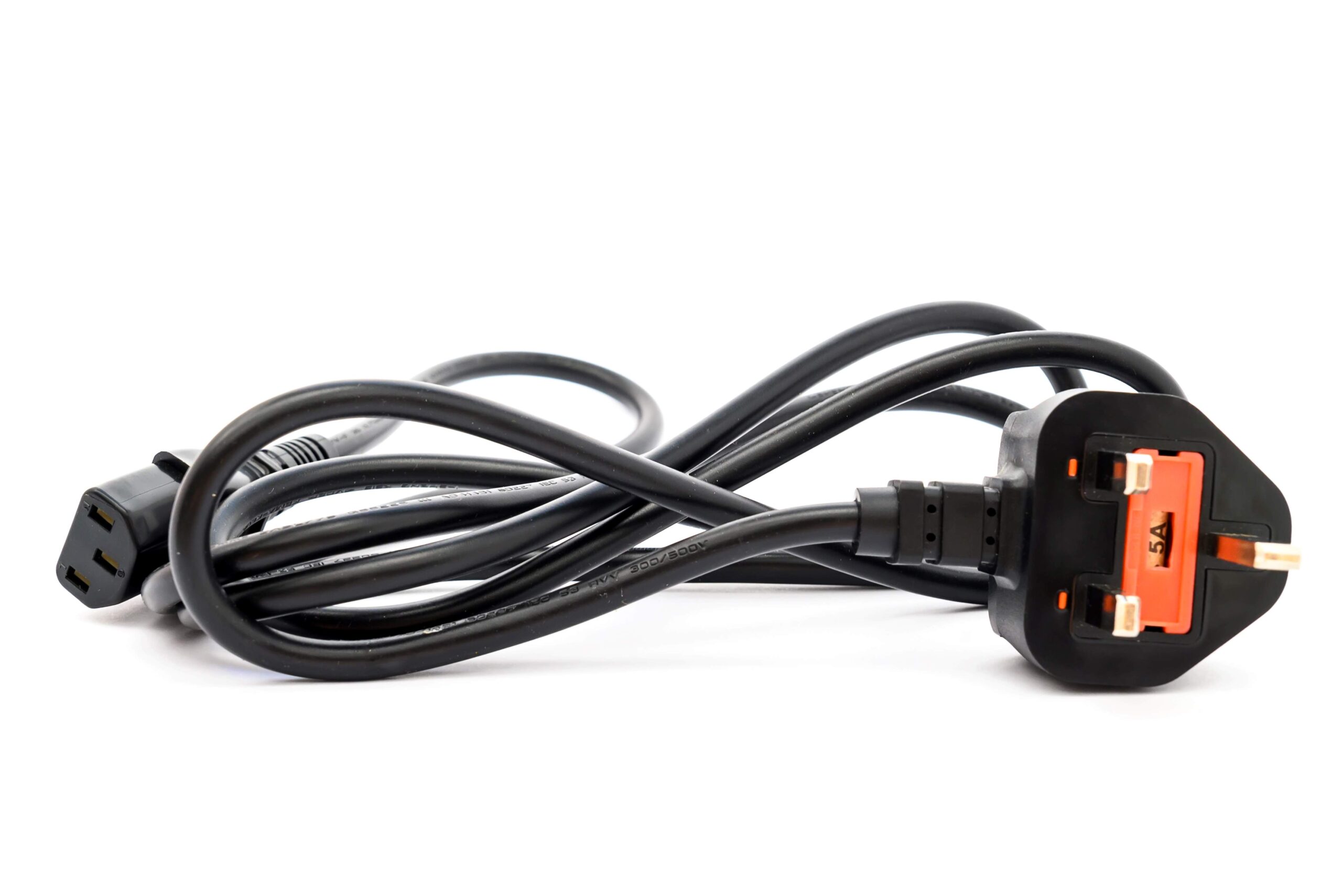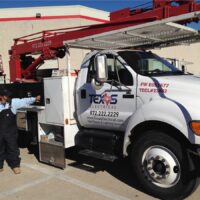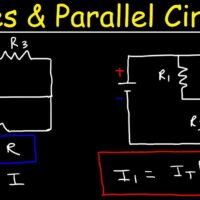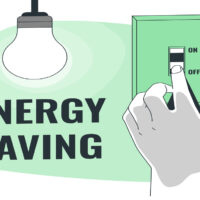A 240V extension cord extends the reach of your electrical power supply. This cord is suitable for high-powered appliances and tools.
Extension cords with a 240V capacity are essential for operating equipment that requires more than the standard 120V outlet. These cords come in various lengths and gauges, designed to handle the increased electrical load without overheating or posing a safety risk.
The right 240V extension cord ensures you safely use your heavy-duty power tools and appliances, whether in a workshop, construction site, or around the home. Always ensure that any extension cord, particularly one of this voltage, is rated for the power demand of your device and is certified by recognized safety standards to prevent electrical hazards.
Safety Precautions
Handling 240V extension cords demands respect and care. To maintain safety and ensure the extension cord performs reliably, follow these critical guidelines.
Proper Handling
Always inspect the cord before use for any signs of damage. If damage is visible, do not use the cord. Unroll the cord fully to prevent heat build-up. Heat can lead to fires. Make sure the cord is free from water and other liquids to avoid electric shocks. Keep cords away from sharp edges and pinch points to prevent damage. Do not plug multiple high-wattage devices as it may overload the circuit. Use a cord with adequate length to minimize the risk of tripping and to prevent potential hazards.
Risk Assessment
Before using a 240V extension cord, assess the potential risks. Know the power requirements of your devices. Use a grounded extension cord for high-wattage devices to protect against electric shock. Ensure that the environment is suitable for using an extension cord. This means dry, cool areas are best. Consider the following points during risk assessment:
- Overload Risk: Calculate the total wattage to prevent overload.
- Environmental Factors: Avoid extreme temperatures, moisture, and exposure to chemicals.
- Trip Hazard: Place the cord where it will not be a tripping hazard.
Use cord covers to ensure the cord stays protected and does not cause accidents. Regularly perform a risk assessment to keep safety a top priority.
Understanding 240v Extension Cords
Extension cords are essential for tasks needing power far from outlets. 240V extension cords fuel high-power tools and appliances. Let’s dive into the specifics of these heavy-duty power accessories.
Voltage Rating
The voltage rating tells you the electrical force the cord carries. For 240V cords, this means they can handle devices drawing 240 volts. Choose a cord matching or exceeding the voltage of your tool or appliance.
Ampacity Rating
Ampacity rating is equally important. It measures the maximum current the cord can carry without overheating. See this in the cord’s specifications. Match the device’s amperage to ensure safety.
Important Considerations:
- Length: Longer cords may cause voltage drops. Pick the shortest length for your needs.
- Plug type: Ensure the plug fits your outlet.
- Gauge: Thicker wires carry more current. Choose the right gauge for your power needs.
Types Of 240v Extension Cords
Understanding the different types of 240V extension cords can help you choose the right one for your needs. These cords cater to various power tools and appliances. Let’s delve into the specifics and make sure you have the perfect extension for your task.
Heavy-duty Cords
Heavy-duty cords are crafted for the toughest environments. They are ideal for outdoor settings and industrial applications.
- Thick insulation: Protects against damage.
- Weather-resistant: Suitable for all conditions.
- High-power capacity: For demanding tools.
Generator Cords
Generator cords are essential for power backup. They safely connect to portable generators. This ensures steady power during outages.
| Length | Amperage | Plug Type |
|---|---|---|
| 10-100 feet | 20-50 amps | Twist-lock |
Welder Cords
Welder cords offer the stability needed for welding jobs. They’re built to keep up with the high demand of welders.
- Durable jackets withstand heat and sparks.
- Various lengths cater to shop layouts.
- Specialized connectors match welder inputs.
Choosing The Right Extension Cord
Finding the perfect 240V extension cord is vital for safety and efficiency. Not all cords are equal. Your choice impacts performance and protects devices.
Length Consideration
The length of an extension cord affects its efficiency. Electric resistance increases with length. It leads to a voltage drop. This could harm your appliances.
- Measure first – Know the distance from power outlet to device.
- Stay short to save power – Choose the shortest length possible.
- Avoid daisy-chaining – Connecting cords together is risky.
Wire Gauge Selection
Wire gauge indicates the cord’s capacity. It’s crucial for safety and functionality. A thick wire carries more current.
| Wire Gauge (AWG) | Max Current (Amps) |
|---|---|
| 14 | 15 Amps |
| 12 | 20 Amps |
| 10 | 30 Amps |
Pick a gauge matching your device’s needs. Check device manuals. It will guide your selection.
- Bigger is often better – Thicker wires reduce fire risks.
- Longer needs thicker – Longer cords need thicker wires.
Usage Guidelines
Understanding how to use 240V extension cords safely is crucial. These cords power appliances and tools, but misuse can lead to danger. The right knowledge ensures effectiveness and longevity.
Inspection And Maintenance
Always inspect your extension cord before use. Look for exposed wires, cuts, or damage. Broken cords are dangerous and should not be used. Here are key points to remember:
- Check the plug and socket for burn marks or melting.
- Test the cord’s flexibility; stiff cords may be damaged inside.
- Clean the cord with a dry cloth to remove dust and debris.
- Keep the cord away from sharp edges and heat sources.
For maintenance, professionals should handle repairs. DIY fixes on high voltage cords are extremely risky.
Proper Storage
To extend the life of your cord, storage is key. Follow these simple steps:
- Unplug the cord after each use.
- Coil it loosely to avoid kinks which could break the wires.
- Store indoors in a cool, dry place.
- Hang the coil from a hook to prevent tangling.
- Keep away from chemicals and sharp tools that might cause damage.
With proper care, 240V extension cords can be reliable tools. Proper usage and storage lead to a safer work environment.
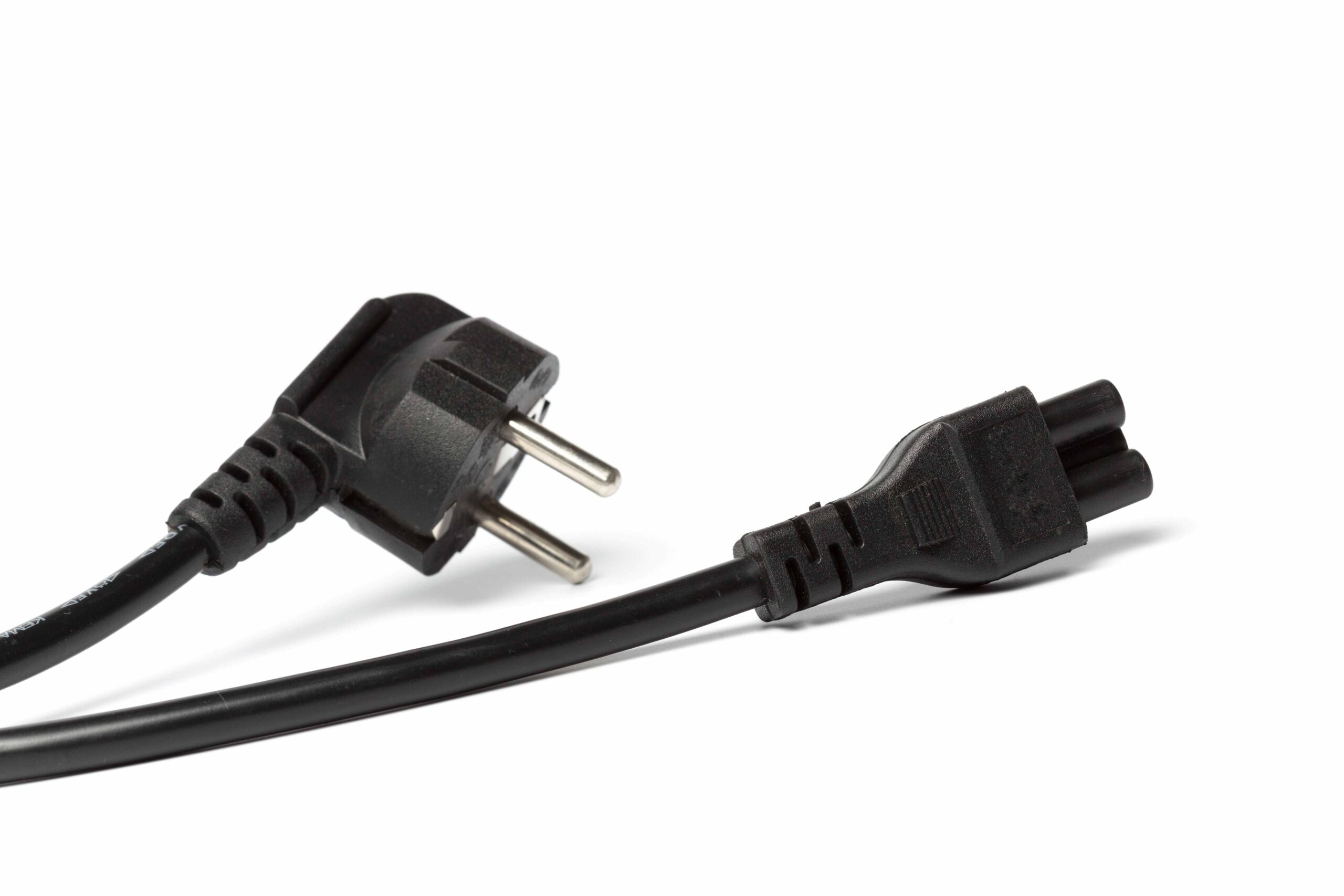
Common Mistakes To Avoid
An extension cord is a homeowner’s best friend when outlets are scarce. Yet, a 240V extension cord packs a punch and requires careful handling. Below, learn critical errors to steer clear of and keep safety first.
Overloading The Cord
Avoid pushing your cord beyond its limit. Here’s how:
- Check the wattage: Match your appliance’s needs with the cord’s abilities.
- Don’t daisy chain: Linking cords together is a big no.
- Single appliance rule: One heavy-duty tool per use keeps danger away.
Misuse In Wet Conditions
Water and electricity? A risky combo.
| Action | Risk Level | Safety Tip |
|---|---|---|
| Using in rain | High | Keep dry, use covers. |
| Laying on wet surfaces | High | Elevate above moisture. |
| Near pools | Extreme | Avoid completely. |
Safety Measures During Operation
Ensuring safety while operating a 240V extension cord is crucial. Mishandling can lead to dangerous situations. The following measures boost safety. They protect both users and equipment.
Grounding
Grounding prevents electrical shocks.
All extension cords must have grounding capabilities. Confirm this before use.
- Check for a third prong.
- This prong is the grounding mechanism.
Use cords with built-in surge protection. They will ground your cord and guarantee safety.
Avoiding Tangles
Tangles can damage your extension cord.
This damage can cause short circuits or fires.
- Roll out the cord fully before plugging in devices.
- Keep it straight.
- Avoid stretching across sharp corners.
Store cords neatly coiled. Use straps or reels to prevent tangles.
Regulatory Compliance And Standards
When it comes to powering devices with a 240V extension cord, safety is paramount. Regulatory Compliance and Standards ensure that products are safe to use. They protect users from electrical hazards. Let’s delve into the specifics of compliance and standards for 240V extension cords.
National Electrical Code (nec) Compliance
The National Electrical Code (NEC) sets the benchmark for safe electrical design, installation, and inspection. Extension cords that carry 240 volts must adhere to NEC regulations. This ensures they can handle the electrical load without risking safety. Here are key points regarding NEC compliance:
- Ampacity: Cords must have the proper ampacity for the current they will carry.
- Connectors: Must be suitable for the environment (e.g., wet locations).
- Cord Length: NEC specifies maximum lengths to prevent voltage drops.
- Marking: Cords should be clearly marked with size, type, and use.
Ul Certification
Underwriters Laboratories (UL) certification is a mark of trust and reliability. Products with UL certification have undergone rigorous testing to ensure they meet specific safety standards. Below are reasons why UL certification is crucial for 240V extension cords:
- Testing: UL tests cords for factors like temperature rating and durability.
- Regular Inspections: Manufacturers of UL-certified cords undergo frequent inspections.
- Confidence: A UL certification gives users confidence in a product’s safety and performance.
Frequently Asked Questions Of 240v Extension Cord
Can You Use An Extension Cord With 240v?
Yes, you can use an extension cord with 240V, but ensure it’s designed for such voltage and meets the appropriate power requirements of your device. Always follow manufacturer guidelines and safety standards.
How Long Can A 240v Extension Lead Be?
A 240V extension lead can typically be up to 50 feet long to maintain safety and voltage integrity. Longer lengths may require a heavier gauge wire.
How Long Can A 220 Extension Cord Be?
A 220-volt extension cord can safely be up to 100 feet long. For longer distances, use a thicker wire to prevent voltage drop and overheating.
Can An Extension Cord Handle 220 Volts?
Yes, an extension cord can handle 220 volts if it is specifically designed for high voltage with appropriate wire gauge and plug type. Always check the cord’s rating before use.
Conclusion
Selecting the right 240V extension cord is essential for safety and efficiency. Ensure compatibility with your devices and opt for durable, high-quality options. Keep length in mind to maintain power integrity. For your next project, choose wisely to power up with confidence.
Stay safe and connected!

